A gift from the ancient civilizations of Peru
We firmly believe that the sources of health are still in nature - and in a nature in which evolution has not disturbed the natural balances of the ecosystem. Maca is a root vegetable that has been grown and used in the Peruvian Andes for thousands of years. What makes this plant special is its ability to grow at altitudes between 3700 and 4450 meters, where climatic conditions include icy temperatures, extremely strong sunlight and constant strong winds. It is assumed that this combination of extreme weather conditions is what gives maki strength, resistance and healing properties.

Lepidium meyenii, known as maca or Peruvian ginseng, is an edible herbaceous biennial plant of the Brassicaceae family that is native to South America in the high Andes mountains of Peru. It was found exclusively at the Meseta de Bombón plateau close to Lake Junin in the late 1980s. It is grown for its fleshy hypocotyl that is fused with a taproot, which is typically dried, but may also be freshly cooked as a root vegetable. If it is dried, it may be further processed into a flour for baking or as a dietary supplement. It also has uses in traditional medicine. As a cash crop, it is primarily exported as a powder that may be raw, or processed further by the supplement industry: gelatinized or made into an extract.

Its Spanish and Quechua names include maca-maca, maino, ayak chichira, and ayak willku.
Antonio Vázquez de Espinosa gave a description of the plant following his visit to Peru circa 1598 and Bernabé Cobo gave a description of this plant in the early 17th century. Gerhard Walpers named the species Lepidium meyenii in 1843. In the 1990s, Gloria Chacon made a further distinction of a different species. She considered the widely cultivated natural maca of today to be a newer domesticated species, L. peruvianum.

Most botanists now doubt this distinction, however, and continue to call the cultivated maca L. meyenii. The Latin name recognized by the USDA similarly continues to be Lepidium meyenii. Debate is still ongoing about the correct nomenclature and whether the distinction between meyenii and peruvianum is botanically correct.
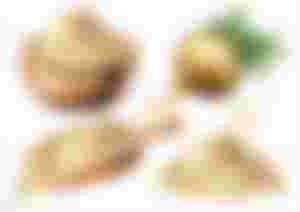
Maca is unique in its medicinal properties, although it is not a medicine.
With the development of modern social life, work and lifestyle have changed and at the same time brought a lot of negative physical symptoms in people. Rapid fatigue, insomnia or poor sleep, difficulty focusing, fertility problems, poor libido, headaches and more have become common threats to human health. One of the most powerful natural remedies that can help prevent or reduce all of these symptoms is the carefully selected Peruvian poppy.
A lot of research has been done for poppy, which proves its positive effects on health. What follows are large clinical studies, which would confirm that, but already now, strict regulations at the EU level approve almost all health statements related to the benefits and impact of this strange plant. The traditional Peruvian records, as well as the positive experiences of millions of users, also contribute to that.

The beneficial effect on health, which arises from the inclusion of make in the diet, certainly depends on its quality, the amount consumed, as well as the individual condition of the organism. What is unequivocal is that its long-term consumption brings benefits to each individual organism.

Maca contains macaena and macadamia, which represent a special class of secondary metabolites found only in this root, which have a positive effect on hormones. Also, poppy contains more glucosinolates than other vegetables (broccoli, cabbage, cauliflower), and they have been researched because of their anticancer, antioxidant and antipathogenic abilities. Maca also contains three alkaloids, which are also considered to have anticancer properties.
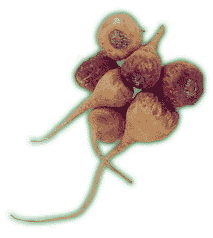
Hormone balance
It balances hormones and nourishes the entire endocrine system, including the thyroid gland. Thus, it has a positive effect on eliminating chronic fatigue and improving mood. One of the accompanying phenomena is a better appearance and quality of skin and complexion. It is very effective in regulating the symptoms of PMS and menopausal symptoms (mood swings, night sweats .
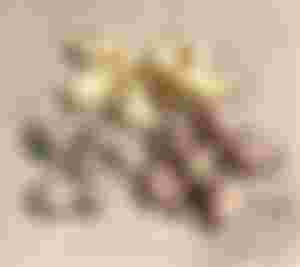
Mental abilities
Increases mental abilities - has a positive effect on focus, memory and learning. This effect is noticed by most users very quickly, whatever their primary reason for taking make.
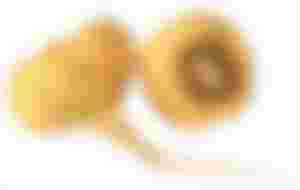
Immunity, strength, energy
It raises energy levels, but without excessive stimulation of the thyroid gland, as is the case with coffee and tea. Increases strength and endurance. Noticeable positive effect on body performance in many athletes of different profiles. Strengthens immunity and overall resistance of the organism.

Thank you for reading my articles and supporting me. @Snezana28

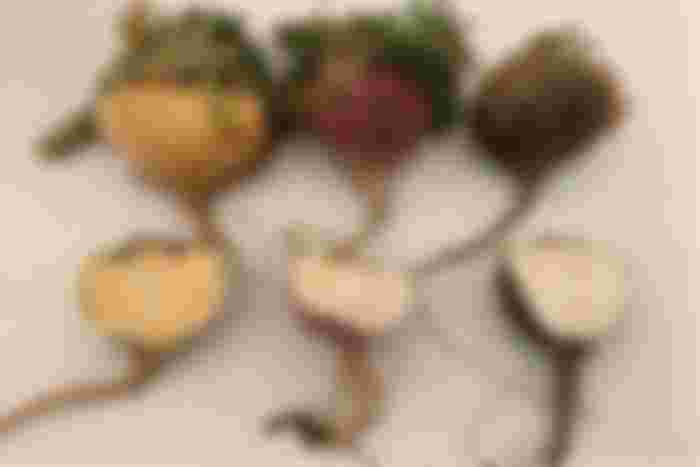
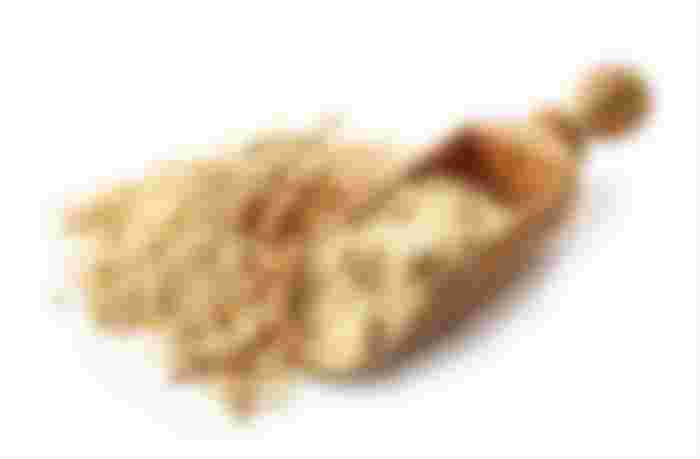
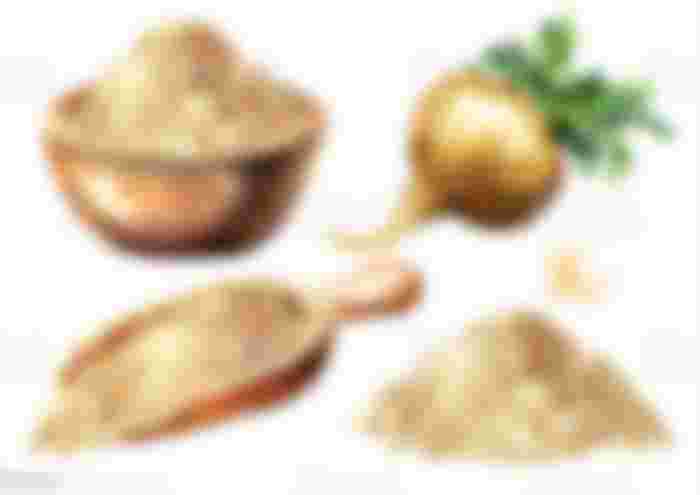
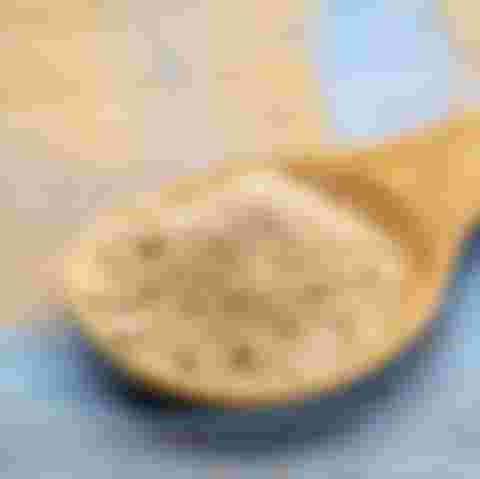

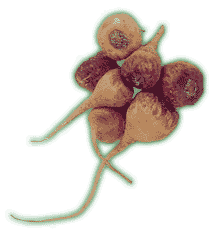
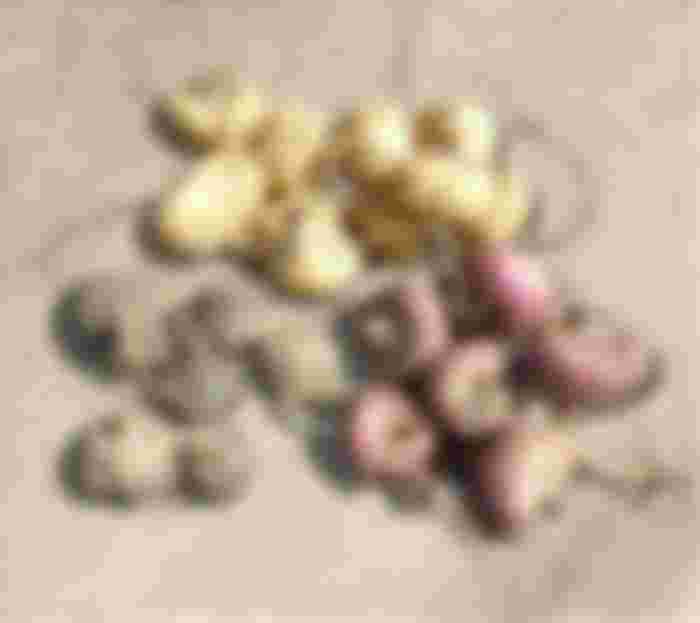
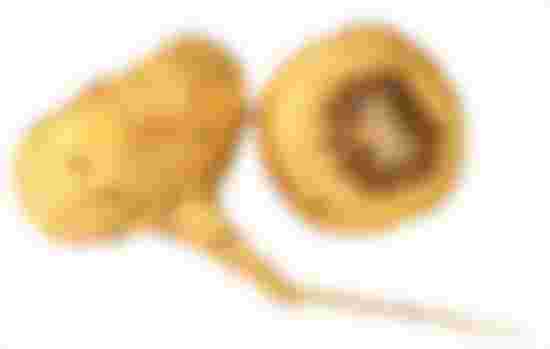

I enjoyed this years ago. But I don't remember any big difference in mood.